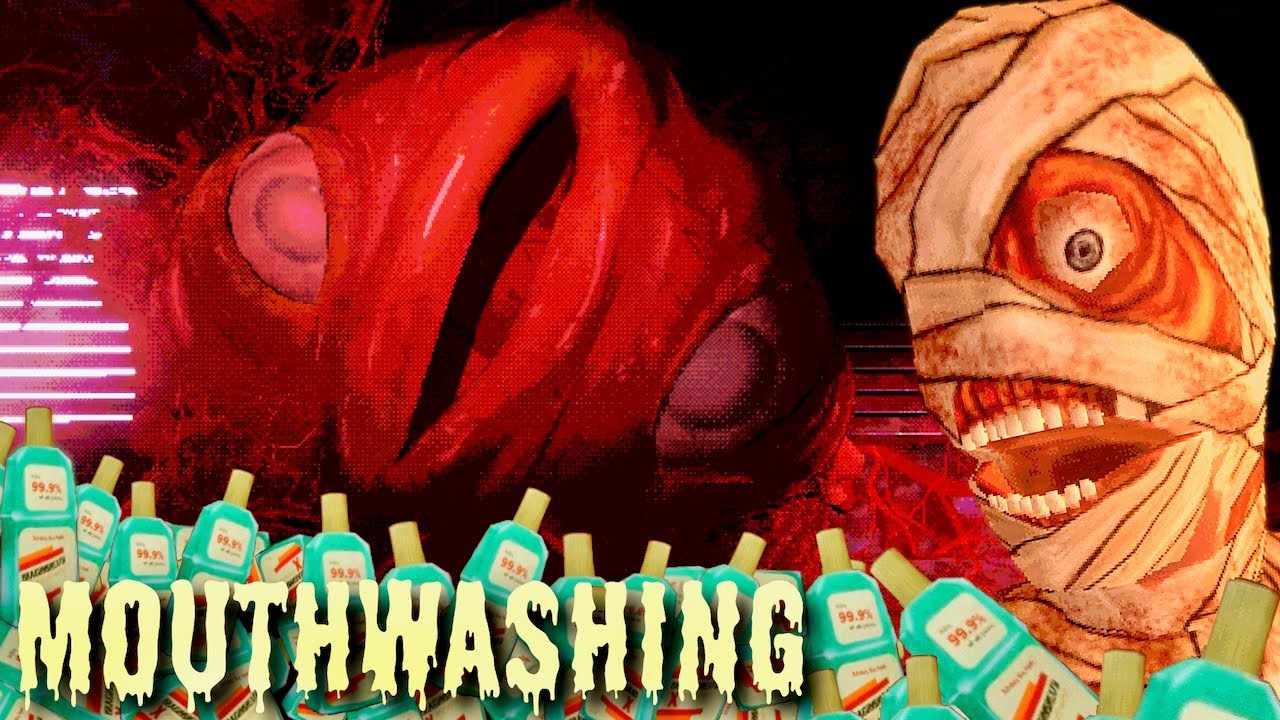In the evolving landscape of digital storefronts, where accessibility often dictates success, a recent development has sent a ripple of concern through the independent game development community. “Mouthwashing,” a critically acclaimed psychological horror game, found itself de-indexed from Itch.io`s search results, a casualty of a broader content crackdown ostensibly aimed at “Not Safe For Work” (NSFW) material. This incident is not merely about one game; it`s a stark illustration of the growing influence of external pressures on platforms and the precarious position of artistic expression in the digital age.
The Sweep: A Broad Brush for “Adult” Content
The core of the issue lies in a coordinated push from payment processors and specific advocacy groups, such as Collective Shout, urging platforms like Itch.io and Steam to “de-risk” from content perceived as objectionable. While the stated objective was to curb sexually explicit content, the practical application of these policies has proven remarkably indiscriminate. The result? A dragnet that catches not only overt pornography but also, as “Mouthwashing” demonstrates, highly artistic, albeit intensely violent or disturbing, non-sexual adult themes.
For platforms, the stakes are undeniably high. Losing support from major payment processors like Mastercard could cripple their ability to facilitate transactions, effectively shutting down their operations. This financial leverage grants these processors an unprecedented level of editorial control over the content available on digital storefronts, transforming them, perhaps unintentionally, into arbiters of artistic merit and public morality.
“Mouthwashing”: An Acclaimed Victim of Overreach
“Mouthwashing,” developed by Wrong Organ, launched in 2024 to significant critical acclaim. On Steam, it boasts an “Overwhelmingly Positive” rating from over 28,000 user reviews – a remarkable achievement for an indie title. The game is a psychological horror experience, known for its PSX-style graphics and explicit warnings about “extreme violence, gore, mutilation and worse.” Crucially, despite its mature themes and visceral content, it contains no pornography and is not sexually explicit. This distinction is vital, as it highlights the disconnect between the supposed target of the crackdown and its actual impact.
As Martin Halldin, who handles audio and music for Wrong Organ, noted on Bluesky, while “Mouthwashing” remains accessible via direct link, its disappearance from search results is a commercial death knell for an indie game. Discovery is paramount in a crowded marketplace; without it, even a celebrated title can quickly fade into obscurity. This de-indexing is akin to a bookstore removing a critically acclaimed novel from its shelves because its cover is deemed too “disturbing,” yet still allowing customers to buy it if they know its exact title and author. The irony, one might say, is palpable.
The Chilling Effect on Indie Developers
The implications of this broad-stroke policy extend far beyond a single game. Indie developers often push creative boundaries, exploring niche genres, experimental narratives, and challenging themes that larger studios might shy away from. The fear of de-indexing or outright removal, driven by nebulous “adult content” policies, creates a chilling effect. Developers may self-censor, shying away from mature horror, social commentary, or any topic that could be misconstrued, thereby stifling innovation and artistic freedom in a sector known for its daring.
Moreover, the livelihood of small teams hangs in the balance. Unlike AAA studios with diverse revenue streams, many indie developers rely heavily on digital storefront visibility for their financial survival. A policy that suddenly renders their work invisible without clear, consistent guidelines is a direct threat to their sustainability.
The Battle for Digital Autonomy
The “Mouthwashing” incident has galvanized developers and players alike. There`s a growing movement to organize counter-pressure against payment processors, urging them to re-evaluate their stance and distinguish between genuinely illegal or harmful content and legitimate artistic expression. Civil liberties organizations, such as the ACLU, have also entered the fray, recognizing the broader implications for freedom of speech and expression in the digital realm. The ACLU, for instance, is actively soliciting signatures for a petition against Mastercard`s policies, signaling that this is no longer just a gaming industry issue but a fundamental question of digital rights.
This ongoing conflict underscores a critical tension in the digital economy: the power of intermediaries. When payment processors, rather than regulators or content creators, dictate what can and cannot be sold online, it creates a dangerous precedent. The “Mouthwashing” saga serves as a somber reminder that in the quest for a “cleaner” digital space, we must be vigilant against policies that inadvertently, or perhaps deliberately, stifle creativity and push the boundaries of what is acceptable into an ever-narrower definition.

